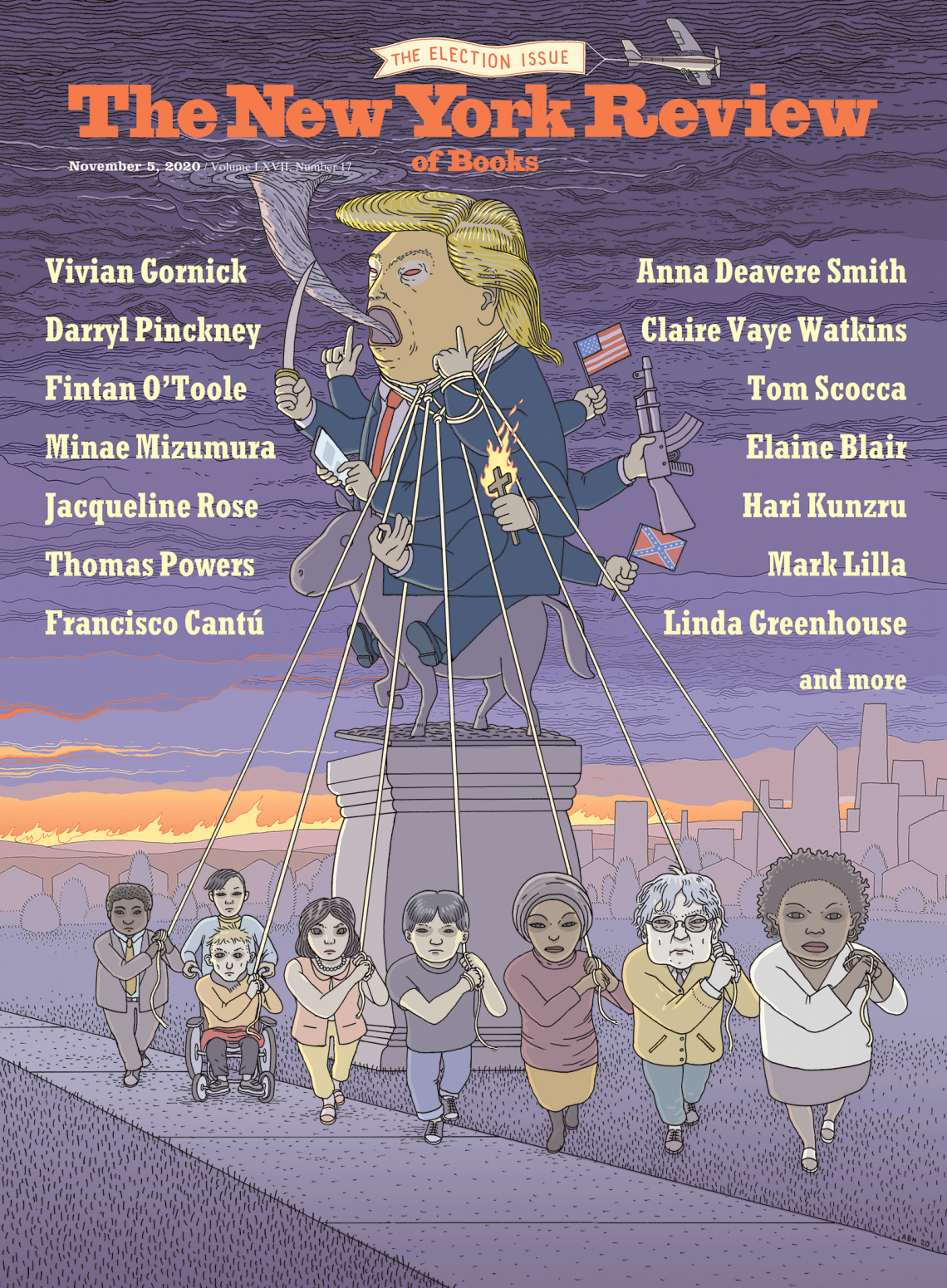I was out hiking with a college friend, a tax lawyer who used to be a Republican, and in between our moments of fear and loathing we talked of the things about the present that we simply found baffling. Look, I said as we panted up a hillside, we’re both experts of a kind; people pay us for our opinions and judgment and experience. We believe in our own expertise, and in consequence we also trust our counterparts, the people who know things we don’t: the climate scientists and evolutionary biologists, the doctors who tell us that vaccines are both necessary and safe, my auto mechanic and plumber. So I just don’t understand the suspicion of professional judgment that’s so much a part of Trump’s movement and of Brexit too.
My friend then wondered about those who don’t have any such expertise and know it; those to whom the world of organized information appears in some sense illegible. Might that explain the hostility? A fair point, I thought, and I can certainly see the votes in ginning up a suspicion of the educated as such. But of course it’s more complicated. A lot of money goes into keeping people misinformed, from the energy industry in particular. Yet who profits from the anti-vax movement, say, and what part does religion have in it all?
Two books have helped me think about such questions this summer. One is Kevin Young’s Bunk (2017), a history of hoaxes and conspiracy theories in American life, and especially those hoaxes that both blur and police the lines of race. A lot of us enjoy a good con. We enjoy watching other people get conned, anyway, and watching the comeuppance of confession as well. Conspiracy theories are more complicated, and Young shows that a belief in them—in secret hands pulling the wires of the world—has often been a refuge of the powerless. That fits my friend’s argument, though you’d have to add that many of the people who believe in QAnon are at the moment far from powerless, whatever they might individually think.
My other guide has been Richard Hofstadter’s Anti-Intellectualism in American Life (1963), which among other things distinguishes between intellectual life and technical expertise (auto mechanics or even, forgive me, a knowledge of the tax code). Hofstadter writes that intellect has customarily been “resent[ed]…as a challenge to egalitarianism,” and that very early in our history feeling right became more important than being right. Inner conviction, gut instinct, the certainty of faith: call it what you will. Those who were good—who perceived themselves as saved, so to speak—didn’t need to know anything else.
I’d push on that. Nobody’s yet suggested that we leave brake jobs or root canals to amateurs. But for many Americans intellectual questions seem different, and above all those questions of judgment that carry political consequences. Hofstadter argued that in the evangelical America of the nineteenth century, every individual felt free to take up his own Bible and “reject the voice of scholarship.” That sentiment is with us still. I know how to evaluate evidence in my own field, and I also know there aren’t many areas in which I can reliably do so. But suppose you really believe in the authority of individual interpretation? Believe you can have some direct and unmediated access to truth, no special training required? If that’s so, then why wouldn’t you do your own research on the Internet, as one hears people claim to do, read around about vaccines or climate change or hidden rings of pizza-loving pedophiles, and decide that the “experts” are wrong? If you can do that with the Bible, of all things, then why not with any earthly question?
One consequence of that hubris is the belief that success in one field readily translates into success in another. People who have made a lot of money usually think they’re right about everything else too. Which brings me to Trump. Considering him in light of Hofstadter’s analysis suggests just how odd the kind of business success he claims now looks. Many of the big fortunes of our day have been built on technical skill and innovation, whether in Silicon Valley or on Wall Street. But Trump presents himself as a throwback to the days when you didn’t have to know anything, when bluster and a Barnum-like confidence (not to mention an inheritance) were enough. In that, as in so many things, he appeals to those who want and believe in an earlier and less demanding America. If there ever was one.


